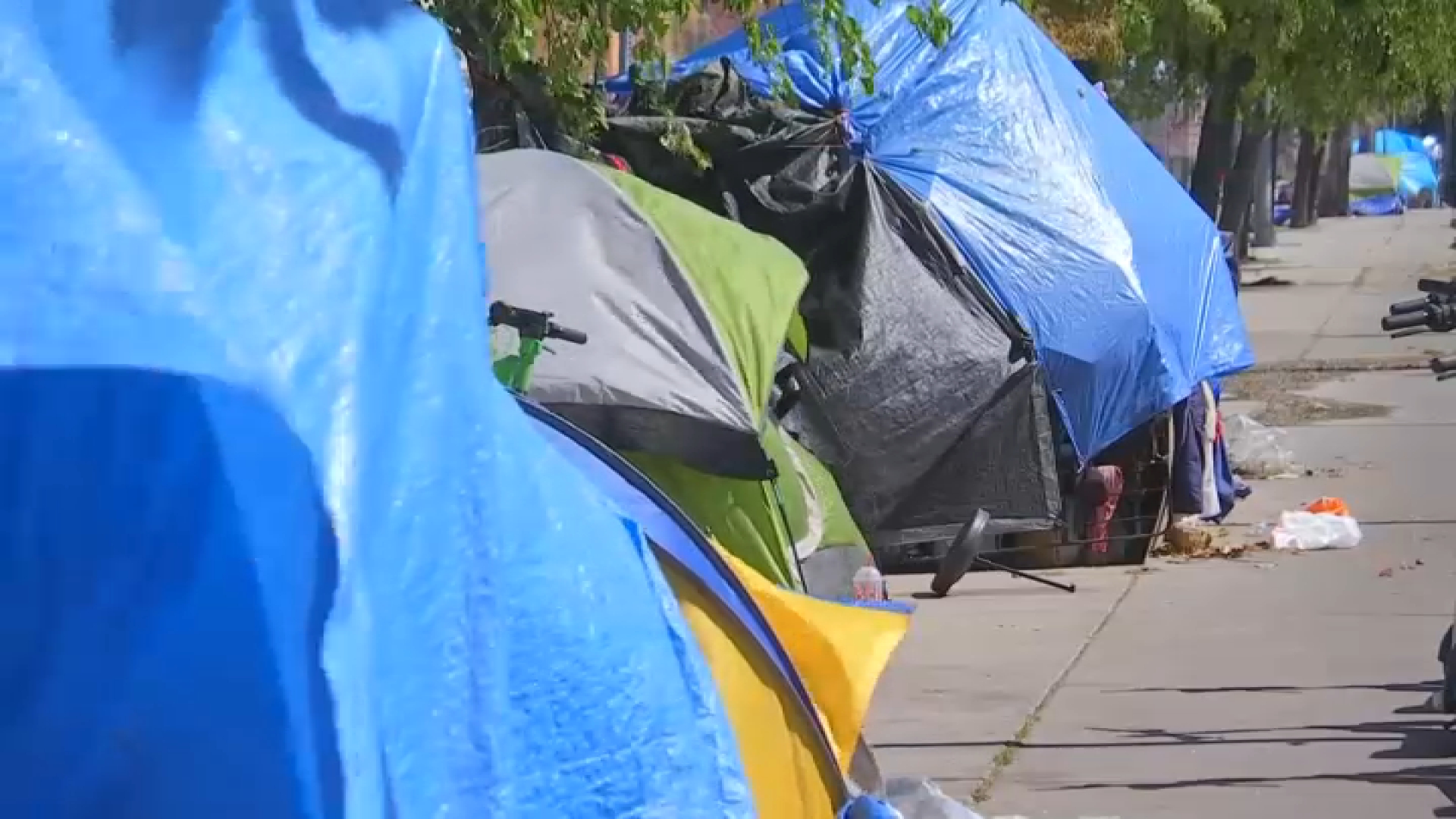From callers who pose as IRS agents, to bogus maintenance men who prey on the elderly, to all the "work from home" tricks and sweepstakes swindles in between -- scams are a lucrative business for creative crooks.
Fraud cost Americans close to $1.7 billion in 2014. Often, by the time crimes are uncovered, the perpetrators have vanished without a trace.
The Better Business Bureau came out with a new interactive tool that tracks scams, neighborhood by neighborhood.
Users can click to the blue circle closest to their town, which pulls up a list of recent scams reported by consumers. Open one up, and users can see the details on the incident, including signs to watch out for.
"It's a great way to learn about the new creative ways that schemers are trying to move in on consumers," said Steve McFarland, president of the BBB in Los Angeles.
The BBB staff vets every report. While this crowdsourced tool is just ramping up, the BBB says the more people use it, the more valuable it'll be.
"Day by day, month by month, we're going to find thousands and thousands of scams that are kept over a 36-month rotating period, to where you're going to see a real intelligence-based group of schemes and scams that'll give you real information and confidence before you buy," McFarland said.
News
Top news of the day
One of the top scams reported nationwide right now is the old IRS impostor trick: callers pretend to be with the government and try to take advantage of tax season anxiety.
If you get one of these calls, hang up and don't engage.
To file a complaint with the Federal Trade Commission, click here.
To try out the "Scam Tracker," click here.



